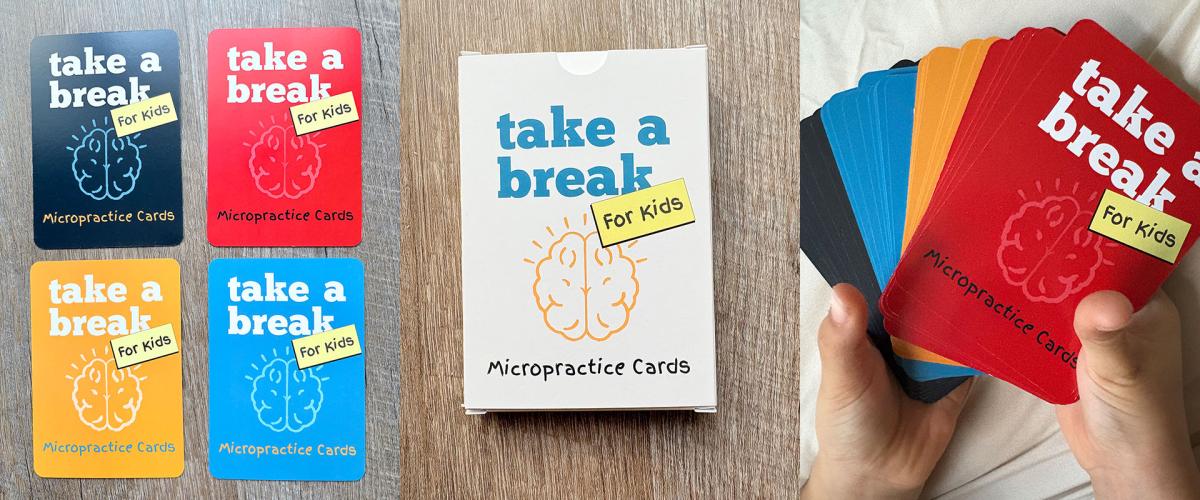There is no average day for a foster care worker. Just ask Marquetese Betts (SAS ’15), a Case Western Reserve University adjunct professor at the Jack, Joseph, and Morton Mandel School of Applied Social Sciences, who has, for 24 years, been a part of the foster care system in Northeast Ohio.
Betts can go from helping children and families cope with physical and emotional trauma to providing individuals with helpful resources and referrals all in one day.
“We often see children who struggle to manage their emotions, children who engage in family violence, children who are under-educated and children who are in desperate need of trauma-informed mental health services,” she said.
Throughout her career, she has used her passion for serving others by helping recruit caregivers for children in need of out-of-home care as an administrator of the North Central Regional Training Center, a partnership with the Ohio Child Welfare Training Program.
“Assuming the responsibility of a foster parent is one of the most important decisions a person can make,” Betts said. “It can also be one of the most rewarding.”
In honor of National Foster Care Month, which acknowledges families and professionals in child welfare who help children and youth in care find permanent homes, The Daily spoke with Betts to gain a deeper understanding of her role as a foster care professional.
Read on to learn more about her experience in the field.
Answers have been lightly edited for length.
1. What led you to pursue a career in this field?
Similar to many social workers, I believe this is my calling. My career in child welfare began 24 years ago at Cuyahoga County Children and Family Services. I have worked as a caseworker in our hotline, intake and extended services departments as well as our Special Investigations Unit. My experiences in all of these areas have prepared me for my current position.
2. What are some of the duties and responsibilities within your current position?
I work with families facing many challenges such as economic hardships, domestic violence, substance abuse and untreated mental illness.
Working with children and families coping with trauma requires social workers to be prepared for anything. [We must] have a working knowledge of complex trauma and the ability to adapt to situations quickly. I spend a great deal of time listening to children, families and caregivers to determine their needs.
3. As a foster care worker, what do you hope to accomplish?
My goal has always been to help people reach their personal goals. Many of the people I work with are trying to heal from traumatic events in their life. My work centers on ensuring safety, permanency and well-being for everyone involved. As a system, we are currently facing many challenges that impact our ability to do this such as a shortage of caseworkers and foster parents.
4. What are some other challenges you face as a foster care worker?
We continuously work to obtain more support for children. Support is needed in all areas [including] financial contributions, effective services, skilled workers but most importantly, committed caregivers.
5. What advice would you give to someone interested in becoming a foster parent? Where can they learn more?
My advice to anyone interested in becoming a foster parent is to conduct a self-assessment. The needs of the children coping with maltreatment are complex. Potential caregivers must have great insight, a dedication to learning new skills [and] a commitment to the child they care for.
To learn more information about becoming a foster parent, visit the Cuyahoga County Health and Human Services website.
This story appeared in The Daily on May 31, 2023.




